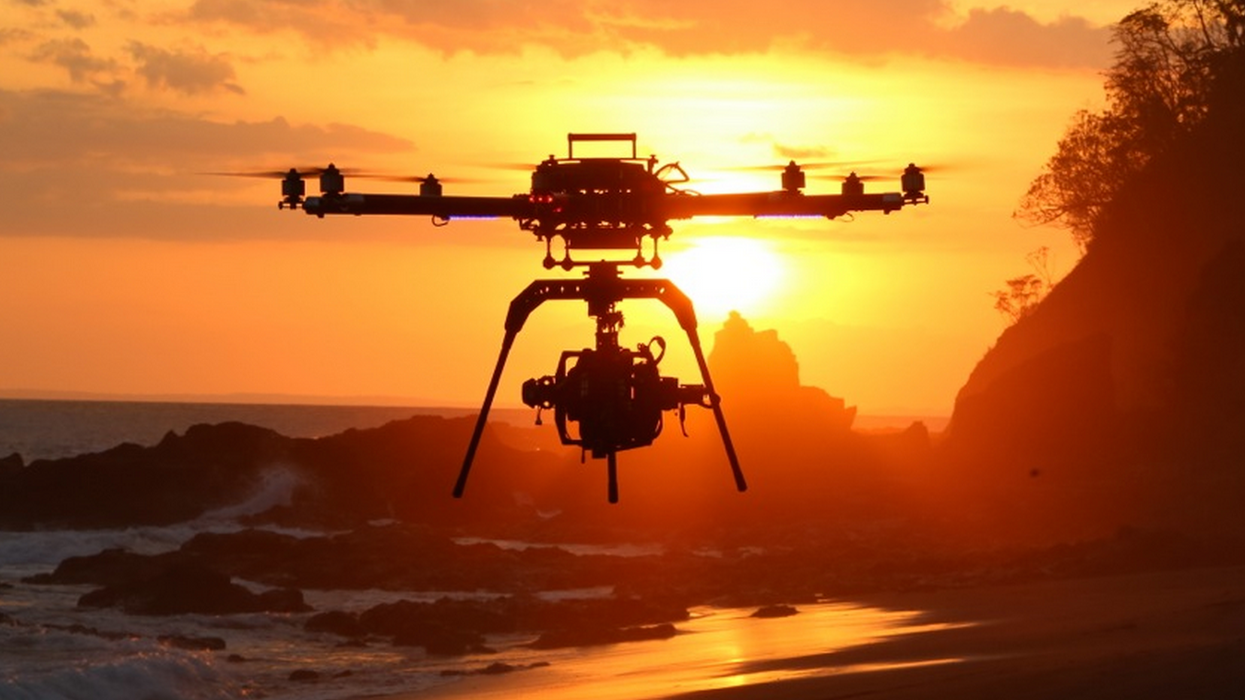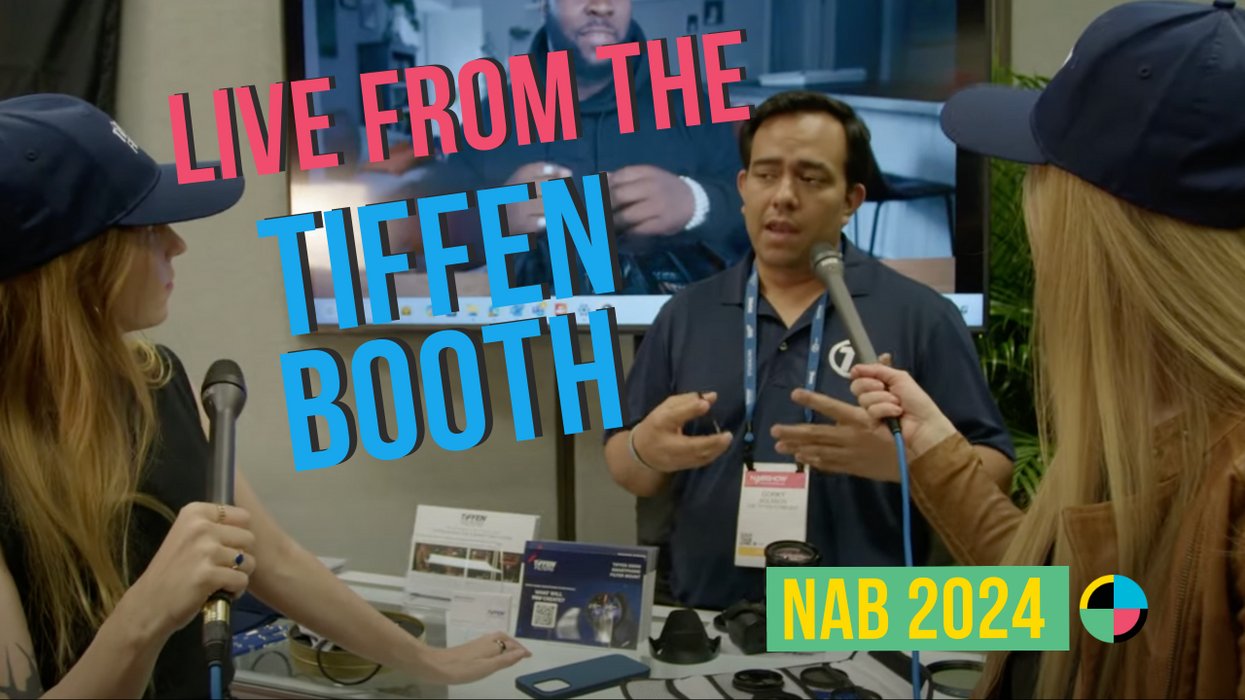The FAA's Proposed Commercial Drone Regulations Are Here, & They're Pretty Chill
The longstanding question of how the Federal Aviation Administration will regulate commercial drone use might finally have been answered.

Currently, there are no overarching rules and regulations for folks looking to use unmanned aircraft systems for commercial use, which means that if you want to use drone technology to generate income, you need to apply for a certificate of authorization from the FAA, which they consider on a case-by case-basis. While many businesses and single operators have worked within these confines in order to use drones commercially, the process is far from ideal considering the seeming ubiquity and affordability of drone technology.
In a recent press release, however, the FAA revealed their proposed regulations for commercial drone use, and somewhat surprisingly, the proposal isn't as strict as many were expecting. Here's last night's CBS Evening News segment regarding the proposed changes.
And here's a brief summary of the proposed regulations for drone operation.
- A small UAS operator must always see and avoid manned aircraft. If there is a risk of collision, the UAS operator must be the first to maneuver away.
- The operator must discontinue the flight when continuing would pose a hazard to other aircraft, people or property.
- A small UAS operator must assess weather conditions, airspace restrictions and the location of people to lessen risks if he or she loses control of the UAS.
- A small UAS may not fly over people, except those directly involved with the flight.
- Flights should be limited to 500 feet altitude and no faster than 100 mph.
- Operators must stay out of airport flight paths and restricted airspace areas, and obey any FAA Temporary Flight Restrictions (TFRs).
While there was widespread speculation that FAA would require commercial drone operators to be licensed to fly manned aircraft, thankfully the bar has been set substantially lower within the proposed regulations.
An operator would have to be at least 17 years old, pass an aeronautical knowledge test and obtain an FAA UAS operator certificate. To maintain certification, the operator would have to pass the FAA knowledge tests every 24 months. A small UAS operator would not need any further private pilot certifications (i.e., a private pilot license or medical rating).
While it's not clear at this point how much of a hurdle the aeronautical knowledge test and operator certificate will present to drone operators specializing in aerial photography and videography, nor is it clear how much these certifications will cost, these rules (if they're officially adopted by the FAA) should make it significantly easier for commercial drone operators to fly within the confines of federal regulations.
If you would like to read more about the proposed FAA regulations, you can find a brief summary here, and the full proposal document here.
Source: FAA












